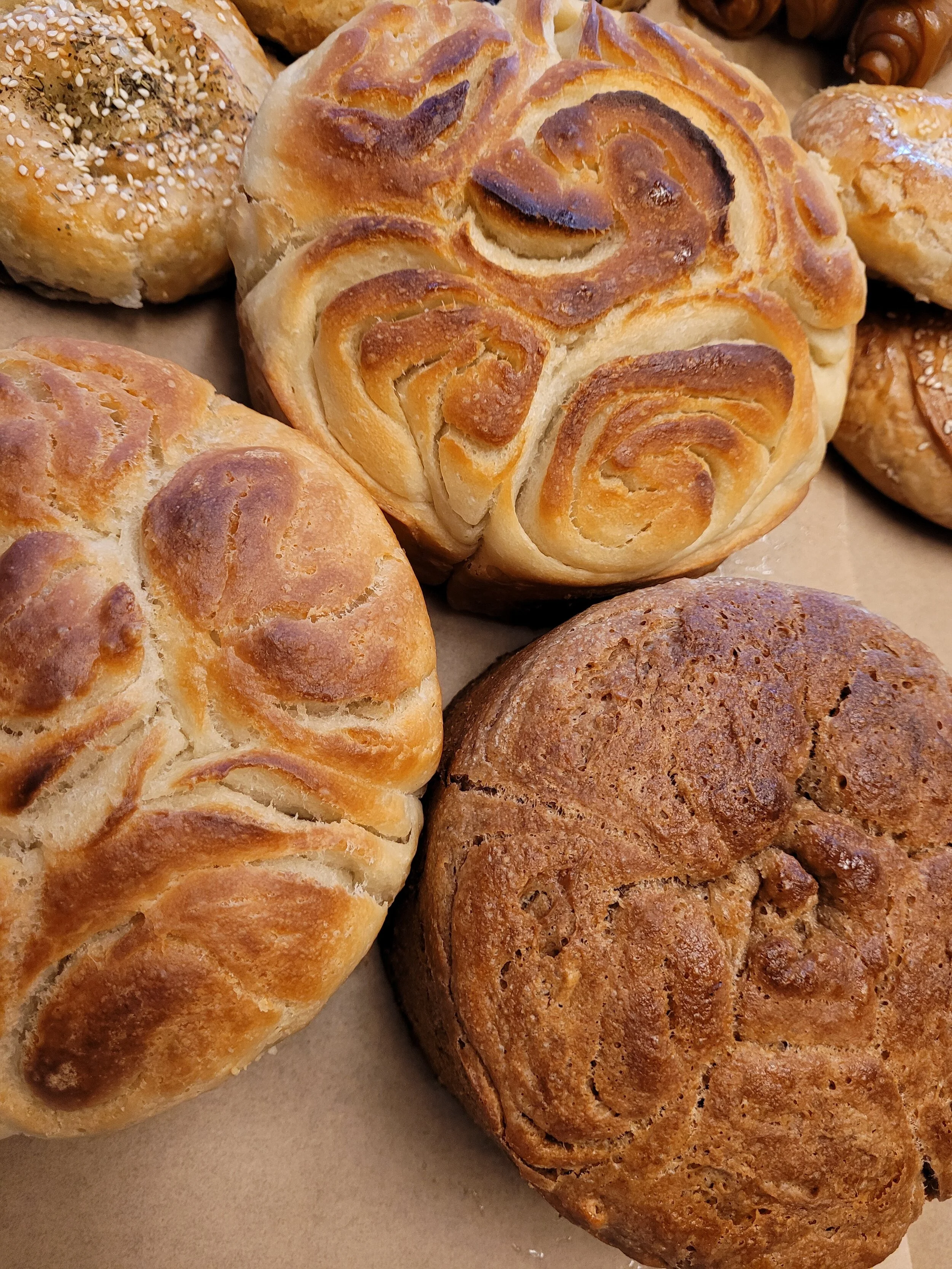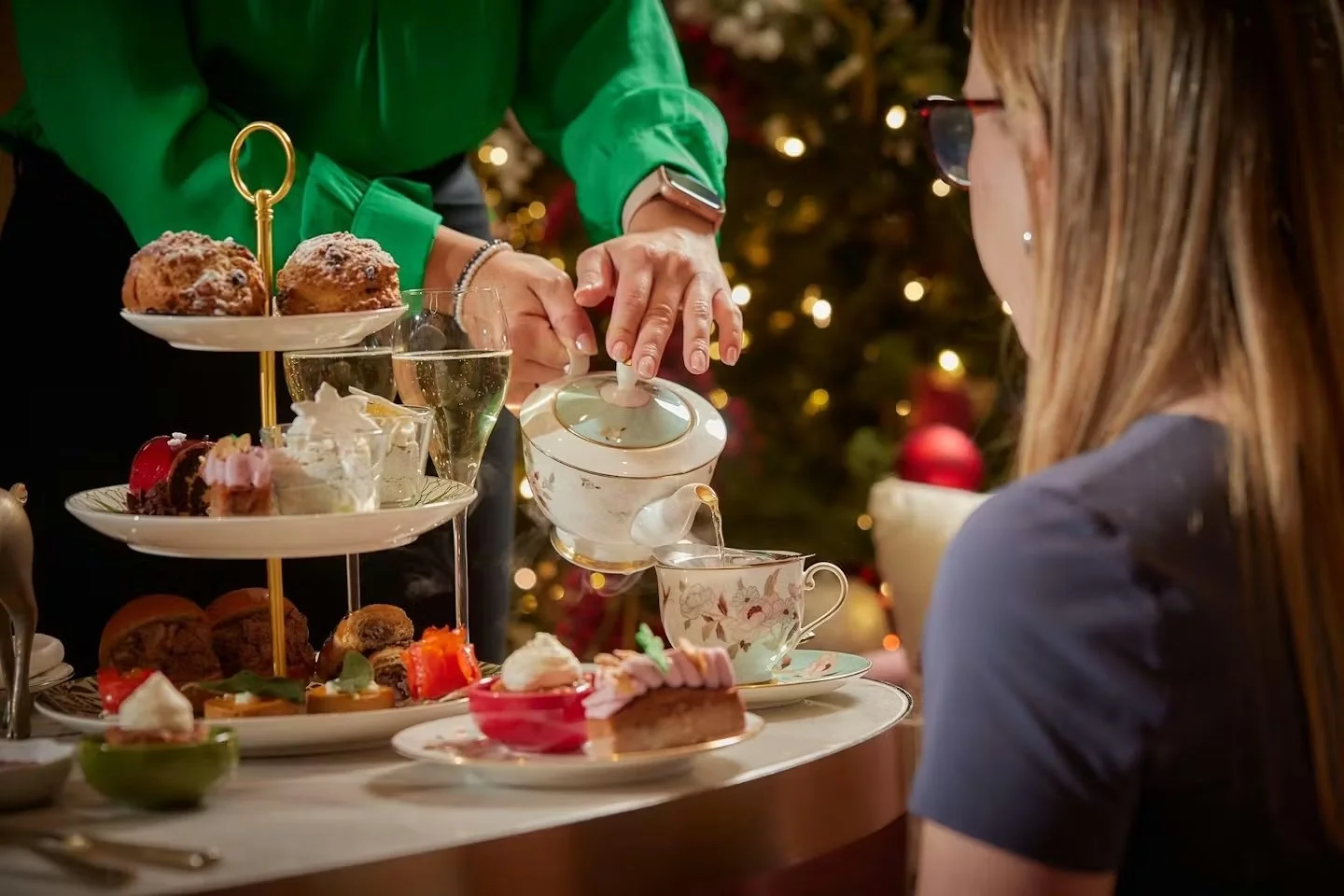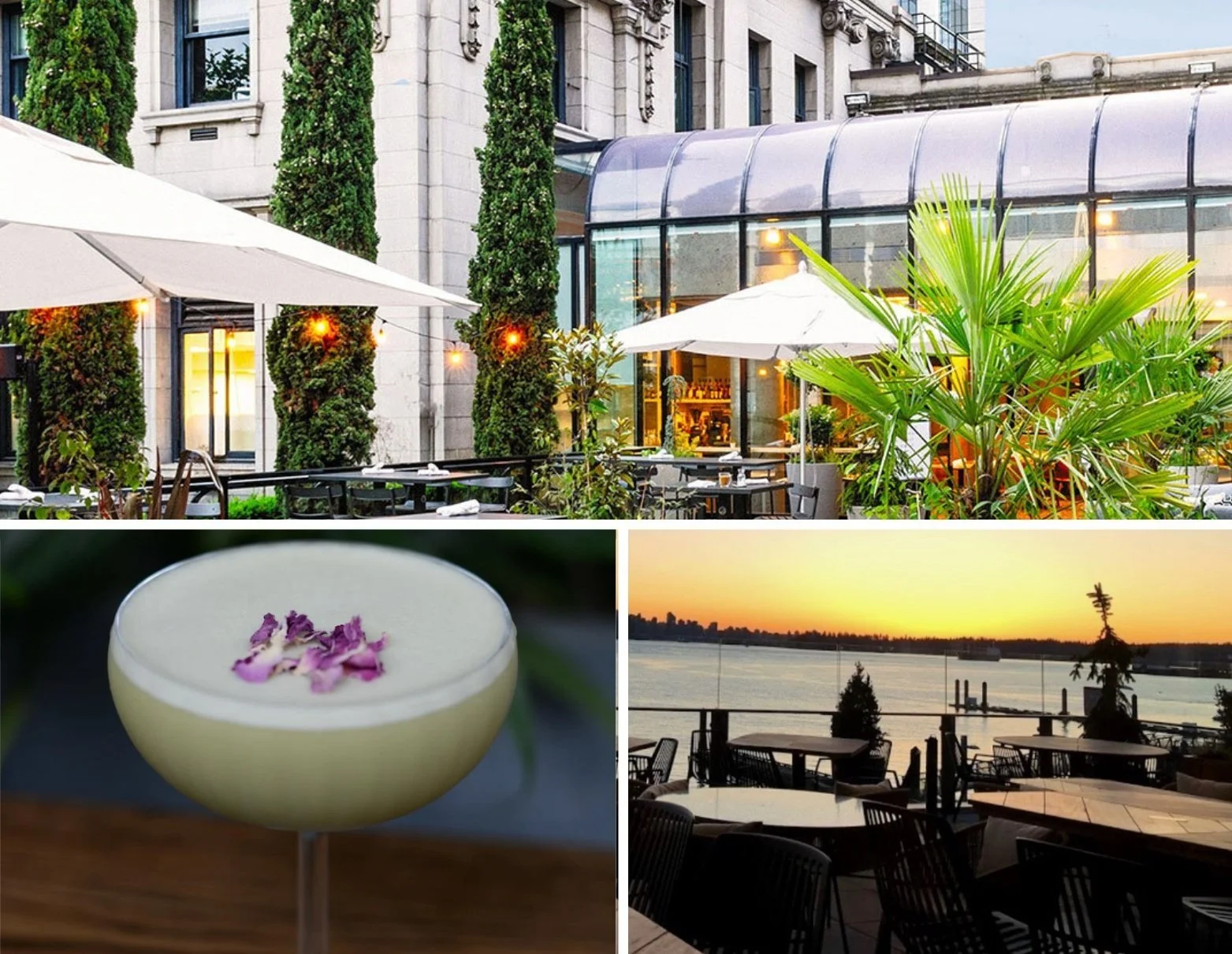Home-based chef brings Yemeni culture to Vancouver through food and coffee
Lital Tamari Cohen is the founder of Jedda’s White Coffee and Jedda’s Authentic Yemeni Goodies
With Jedda’s Authentic Yemeni Goodies, Lital Tamari Cohen makes items like butter kubane, including vegan versions with coconut oil and spelt flour. Photo by Jedda’s Authentic Yemeni Goodies.
AFTER LITAL TAMARI Cohen moved to Canada from her native Israel just over a decade ago, she brought her ancestral Yemeni culture with her. She’s now sharing that treasured heritage with Vancouverites through coffee, pull-apart pastries, bread, and other foods.
“My grandparents are originally from Yemen,” Cohen tells Stir. “They moved to Israel in 1948 they were still kids, but brought a tradition of good food and coffee with them.
“I was born and raised in Israel and moved to Canada 11 years ago to live with my husband,” she says. “When I first arrived, my husband had the idea to expose the Canadian market to the traditional Yemeni white coffee, which is very popular at most Yemenite grandmas’ houses in Israel.”
Cohen launched Jedda’s White Coffee, a time-honoured mixture of slighted roasted coffee beans, roasted grains or nuts, and hawaij—a blend of spices abundant in antioxidants. The coffee itself is more than a pleasing drink that’s described as a healthier alternative to black coffee but a “cultural ceremony that gathers the whole family together”, Cohen says.
Yemen’s coffee culture goes back millennia; while the coffee tree has its roots in Ethiopia, the bean is said to have been first consumed as a beverage in western Yemen in the 1400s by Sufi monks who needed to stay awake for meditations that would last through the night.
“The traditional way of drinking the coffee is to add a half cup of boiled whole wheat and corn to a generous teaspoon of white coffee with hawaij,” Cohen notes. “In this way everyone used to sit, chat, drink, and finish the bottom of their glass, with joy and laughter. This is how I remember the experience in my family and how I decided to preserve the tradition, in honour of my grandmothers.”
Jedda’s White Coffee is abundant in antioxidants. Photo by Jedda’s White Coffee.
A few years ago, Cohen and her husband ran a Mediterranean restaurant, where they introduced Yemeni white coffee to guests. She also began offering the Israeli-Yemeni breakfast she grew up with called jachnun. The rolled-over pastry is made with clarified butter and slow-cooked overnight.
“This is my family’s traditional breakfast on Saturday morning,” Cohen says. “It is very popular in Israel, and I wanted to bring this tradition here, especially to the people who know it.”
The couple’s restaurant closed in 2017, but those weekend morning meals formed the beginnings of Jedda’s Authentic Yemeni Goodies. During the pandemic, someone in one of the Facebook groups Cohen follows asked if anyone knew how to make a real jachnun in the area. Cohen began making frozen jachnun, then all kinds of requests starting coming in. Now she makes several different kinds of the pastries.
“I made my home-based operation to keep my grandmothers’ tradition,” Cohen says. “As a child, I used to help them in the kitchen when I used to play with the dough, spread butter, roll it—always looking at them—grinding by hand and mixing spices.”
Cohen puts her own twist on the traditional food and drink, using ingredients like spelt flour and coconut oil in the pastries and roasted almonds for the white coffee.
One of her most popular items is the original jachnun with honey. “In the morning you wake up and it's amazing—the smell, the flavour, and the atmosphere,” Cohen says. “You eat it with overnight-cooked brown eggs, grated tomatoes and Yemenite schug—spicy sauce.” Sometimes spelled zhug, the fiery condiment typically contains herbs, garlic, chilies, and toasted spices, often cumin and cardamom.
Ziva (the spiral-shaped pastry) and jachnun are typically served with eggs and grated tomato for breakfast in Yemen. Photo by Jedda’s Authentic Yemeni Goodies.
Jedda’s Authentic Yemeni Goodies also offers kubane, a pull-apart bread filled with clarified butter or mozzarella and herbs and a flaky, buttery bread called malawach. Ziva is a pastry made of rolled dough filled with three kinds of cheese and spinach; Cohen also makes a version with olives and cheese and another with mozzarella and pizza sauce. (She makes vegan and gluten-free varieties on request.)
Sabbaya is a thinly layered pastry with clarified butter and Nigella seeds; lahoh is the name for Yemeni spelt-and-white-flour pancakes.
Yemeni soup consists of tofu, rough-cut veggies, and spices, complete with hot hilbe, or fenugreek sauce.
For more information, visit Jedda's Authentic Yemeni Goodies at https://www.facebook.com/jeddasauthentic/.
Chocolate-almond ziva by Jedda’s Authentic Yemeni Goodies.
















